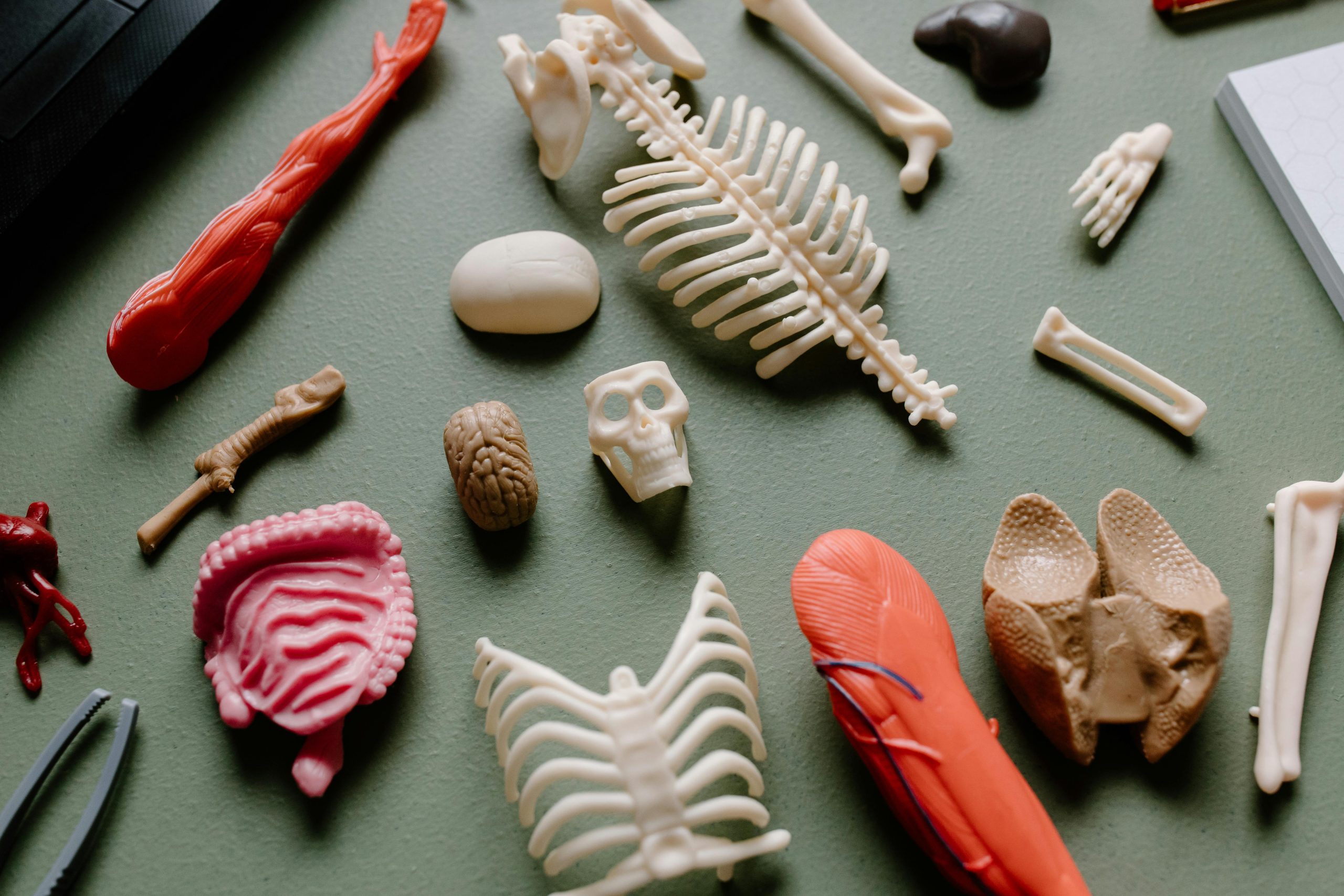Paper: Can foundation models really learn deep structure?
Understanding the Limitations of Foundation Models in Grasping Deep Structural Knowledge
In the rapidly evolving field of artificial intelligence, foundation models have garnered significant attention for their remarkable ability to process and generate complex data. However, a pressing question remains: can these models truly internalize the deep structural principles that underpin our understanding of the physical world?
Recent research from a team of experts investigates this critical issue. Utilizing a specially designed synthetic assessment called an “inductive bias probe,” the study aims to determine whether large-scale models develop genuine, real-world inductive biases—fundamental assumptions that enable understanding beyond mere pattern recognition.
The findings are insightful yet somewhat sobering. Even models that excel in training scenarios involving orbital trajectories—where they learn to predict planetary paths—struggle to generalize concepts rooted in Newtonian mechanics when faced with unfamiliar tasks. Instead of applying foundational physical laws, these models tend to rely solely on surface-level data correlations, failing to derive the underlying principles that govern the phenomena.
This research underscores a crucial point: while foundation models are adept at learning from vast amounts of data, they may still fall short in capturing the deep structural understanding necessary for true reasoning and generalization in complex real-world contexts.
For those interested in the technical details and implications of this study, further insights can be found in the original paper available on arXiv: Can Foundation Models Really Learn Deep Structure?.
As AI continues to develop, understanding the boundaries of what current models can achieve helps steer future research toward more robust and truly intelligent systems.














Post Comment